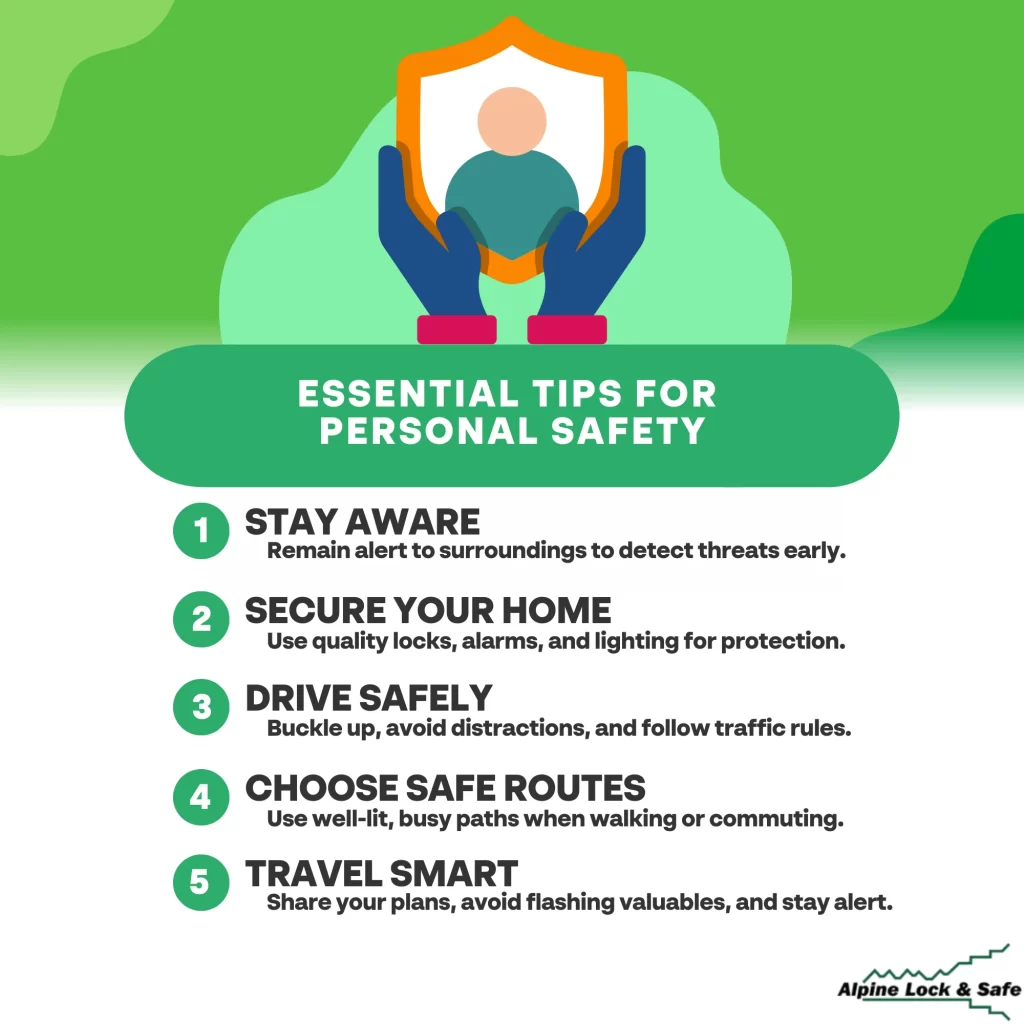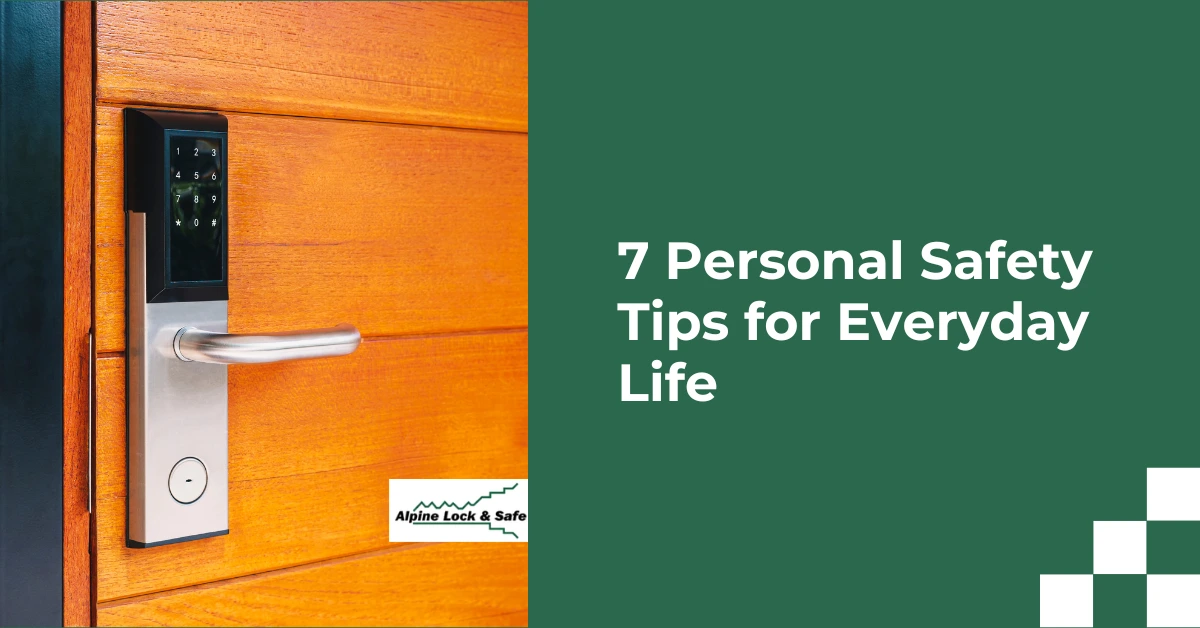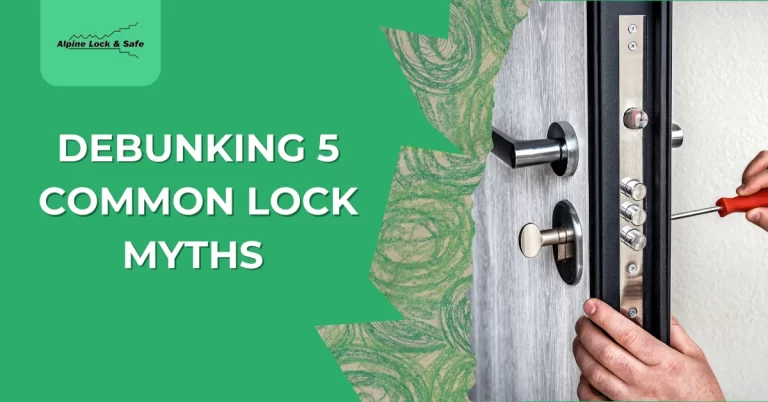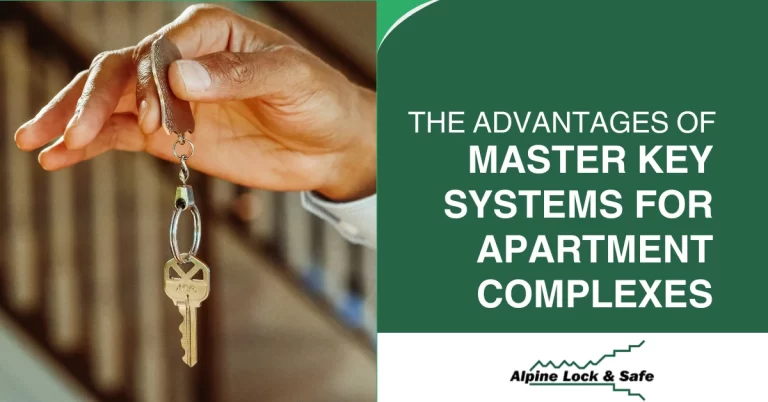Your personal safety is essential. Remain aware of your surroundings, avoiding distractions, and report suspicious behavior. Establish routines and share them with trusted individuals. Enhance home security by installing quality locks and alarm systems. Choose lighted, populated routes when walking and always inform someone of your plans. Drive responsibly, wear seat belts and keep your vehicle well-maintained. When traveling, research beforehand, keep valuables discreet and share your itinerary. If working alone, notify a colleague of your whereabouts and carry a personal alarm. Prioritizing personal safety equips you to face uncertainties. Explore more to become better prepared.

Key Takeaways
- Stay alert and maintain awareness of your surroundings to identify potential threats.
- Develop predictable routines, share them with trusted individuals, and regularly report check-ins.
- Secure your home with high-quality locks, alarm systems, and outdoor lighting, and avoid sharing travel plans online.
- While walking or driving, choose safe routes, avoid distractions, and always follow traffic rules for safety.
- When traveling or working alone, keep others updated about your plans, stay vigilant, and carry a personal alarm for emergencies.
Personal safety tips for everyday life
Safety is a cornerstone in the fabric of our daily lives. It’s not just about avoiding danger, but also about maintaining a sense of security and peace of mind. Here are some personal safety tips for your everyday life.
First, be aware of your surroundings. Keep your eyes open, look out for anything suspicious, and avoid distractions, such as your phone, when you’re out and about. Awareness is your first line of defense, so don’t neglect it.
Second, establish and maintain a routine. Regular habits can make you less unpredictable to potential threats. It’s also easier for others to notice if something’s amiss if they’re used to seeing you at certain times or places.
Third, trust your instincts. If something feels off, it probably is. Don’t dismiss your gut feeling – it could save your life.
Lastly, make sure your home is secure. Install good quality locks on your doors and windows, and consider additional safety measures like a security system or outdoor lighting.
Remember, your home should be your sanctuary, not a target.
Take these steps to heart, and you’ll be well on your way to a safer everyday life.
Personal safety while walking
Traversing the streets on foot, whether for exercise or transportation, requires attention to personal safety. Always remain aware of your surroundings. Don’t get lost in your thoughts, music, or phone. Predators often target those who appear distracted or unaware.
Choosing your route wisely can greatly increase your safety. Stick to well-lit, busy areas whenever possible. Avoid shortcuts through isolated or poorly lit areas, especially after dark. Always cross the road at designated pedestrian crossings and obey traffic signals.
Try to walk with other people whenever you can. There’s safety in numbers. If you’re walking alone, let someone know your route and expected arrival time. Download a safety app on your phone that can alert loved ones if you’re in trouble.
Dress appropriately for visibility. This is especially important at night or in poor weather. Wear reflective clothing or carry a light to guarantee drivers can see you.
Personal safety while driving
Ever consider how your driving habits might impact your personal safety? It’s essential to acknowledge the role they play. Always buckle up, no matter how short the journey. Seat belts greatly reduce the risk of serious injuries.
Speeding isn’t just against the law, it’s also a gamble with your life. Slow down and respect speed limits. Concentrate on the road, not your phone. Distracted driving causes countless accidents. If you need to use your phone, use hands-free devices or wait until you’ve parked safely.
Don’t drink and drive – it’s not worth the risk. If you’ve been drinking, get a cab or designate a sober driver. Ensure your vehicle is in good shape. Regular check-ups, especially for brakes and tires, can prevent unforeseen accidents.
Adjust your driving to weather conditions. Rain, snow, or fog demand slower speeds and extra caution. Lastly, keep a safe distance from the car ahead. Tailgating can lead to rear-end collisions.
Your safety is in your hands when you’re behind the wheel. Make choices that protect you and others on the road.
Personal safety while travelling
Amid the excitement of exploring a new place, it’s easy to overlook the importance of personal safety. However, keeping a few key measures in mind can greatly reduce your risk of encountering dangerous situations.
Start by researching your destination. You’ll find out about local customs, safety issues, and potentially unsafe areas.
It’s also essential to share your itinerary with someone you trust. They’ll know where you’re supposed to be and when, providing a safety net if anything goes wrong.
Don’t flash your valuables around. Thieves are attracted to expensive-looking items and could target you if they notice you have them. It’s better to be discreet and blend in with the crowd.
Moreover, always stay alert and aware of your surroundings. Avoid distractions like earphones or looking constantly at your phone. These can make you an easy target for thieves or scammers.
Lastly, keep your personal information secure. Be cautious who you share your details with, and consider using a money belt or neck wallet to keep your documents safe.
Personal safety while lone working
While keeping personal safety in mind when travelling is important, it’s equally essential to reflect when you’re working alone. The lack of immediate help if an emergency arises can make you vulnerable.
But don’t worry, you can still keep yourself safe with a few precautions.
- Stay in Touch: Regularly update your whereabouts to a trusted colleague or friend. Use a check-in system, even if it’s just a quick text message.
- Be Aware of your Surroundings: Pay close attention to any unusual activity or unfamiliar people around your workspace. If something doesn’t feel right, trust your gut.
- Have an Emergency Plan: Know the quickest way out of your building, and keep emergency numbers at hand. Also, consider carrying a personal alarm.
- Take Care of your Health: Avoid overworking. Take breaks, eat well, and stay hydrated. Your physical and mental wellbeing play a big role in your safety.
Personal safety at home
Guaranteeing personal safety at home is as vital as it’s in any other setting. You spend a considerable amount of time in your dwelling, so it’s important to make it as secure as possible.
Start by securing the perimeters. Confirm that all doors and windows are locked when you’re out or going to bed. It’s a simple step, but it’s often overlooked. Install high-quality locks and reinforce doors if necessary.
Don’t forget about securing your garage, as it’s an often-targeted entry point.
Lighting is also key. Well-lit exteriors deter intruders. Consider motion-sensor lights for areas that need to be illuminated only when someone is present.
Keep your property well-maintained. Overgrown bushes or trees can provide hiding spots for burglars. Regular maintenance shows your home is occupied and cared for.
Lastly, be mindful of what you share online. Posting about vacations or expensive purchases can make you a target.
Improve personal safety with a personal safety alarm
To further enhance your personal safety, consider investing in a personal safety alarm.
These devices, often small enough to fit on a keychain, can emit a loud noise to deter attackers or draw attention in an emergency.
Here are four reasons why you should consider getting one:
- Instant Alarm: At the press of a button, a piercing sound is released, startling potential attackers and alerting those nearby.
- Portable: They’re lightweight and compact, fitting easily into a pocket or purse, so you can carry them wherever you go.
- Easy to Use: There’s no complicated setup or operation involved. You simply press the button when you’re in danger.
- Affordable: Safety alarms are reasonably priced, making them a cost-effective addition to your personal safety routine.
Frequently Asked Questions
What Are Some Safety Tips for Using Public Wi-Fi Networks?
When using public Wi-Fi, you’ve got to be cautious. Avoid accessing personal accounts or sensitive data. Use a VPN for extra security. Keep your device’s software up-to-date. Never allow auto-connect to public networks.
How Can I Ensure My Personal Information Is Safe When Shopping Online?
To protect your personal information while shopping online, always use secure, trusted websites. Make sure they’ve ‘https’ in the URL. Don’t store card details, and frequently update your passwords. Use a protected Wi-Fi network.
What Are Some Safety Measures to Consider When Attending Large Events or Gatherings?
Always stay aware of your surroundings at large events. Keep your personal belongings close. Use the buddy system. Plan an exit strategy in case of emergencies. Don’t accept food or drinks from strangers. Be safe!
How Can I Protect Myself From Identity Theft and Fraud?
To protect yourself from identity theft and fraud, you’ve got to be vigilant. Never share personal info online, always shred important documents, use strong, unique passwords, and regularly check your credit reports for any suspicious activity.
What Are Some Personal Safety Tips for Using Social Media Platforms?
Always be cautious online. Don’t share personal info on social media. Keep profiles private, be selective with friend requests, and think twice before clicking links. Remember, maintaining digital safety is as essential as physical safety.
Conclusion
Remember, 47% of people don’t feel safe walking alone at night. By applying these tips, you’re not just improving your personal safety, you’re joining a community working for a safer world. Whether you’re walking, driving, or chilling at home, every step towards safety counts. Because you matter, and your peace of mind matters. Make your safety a priority today, and let’s continue this journey towards a safer everyday life together.






